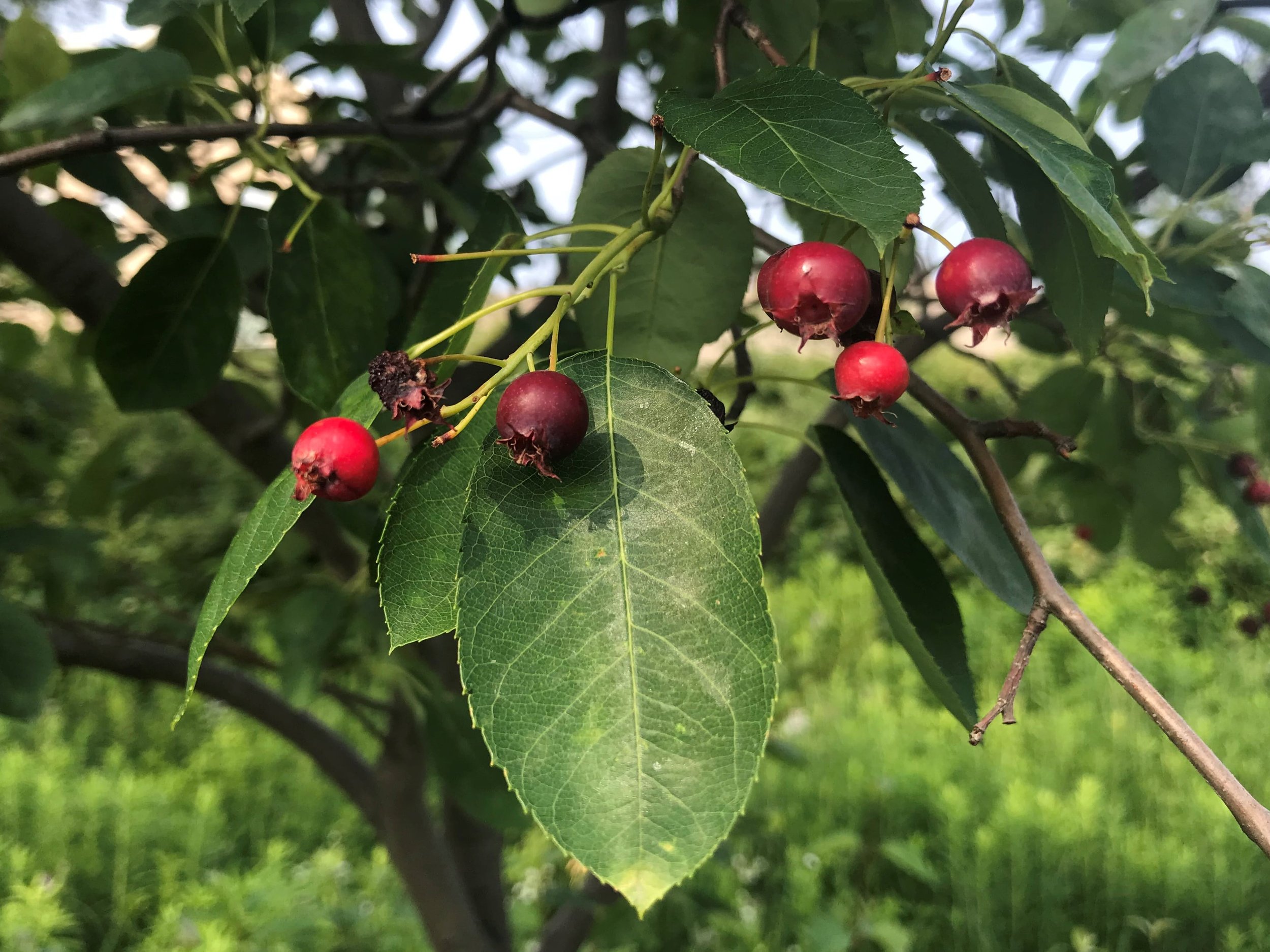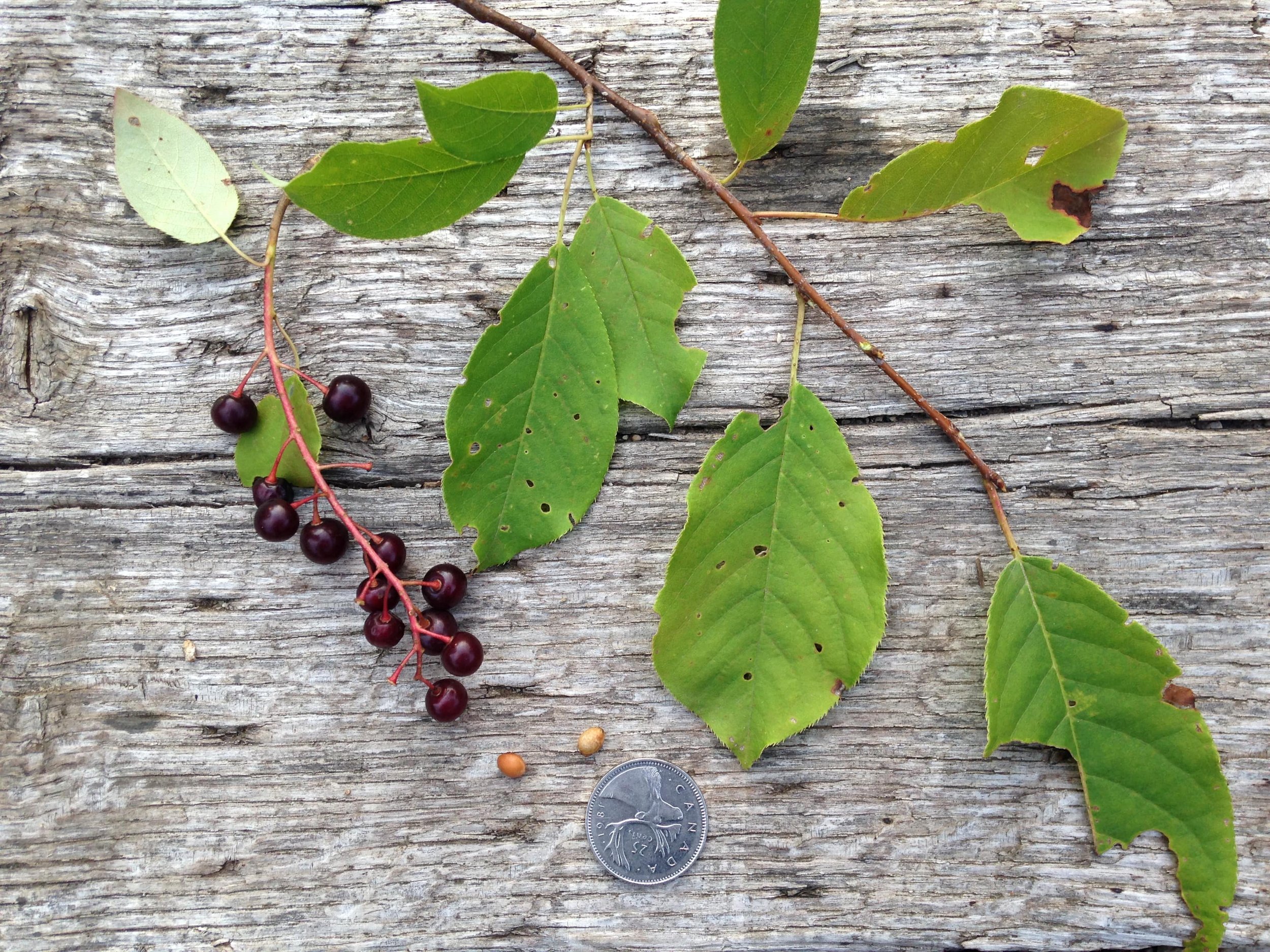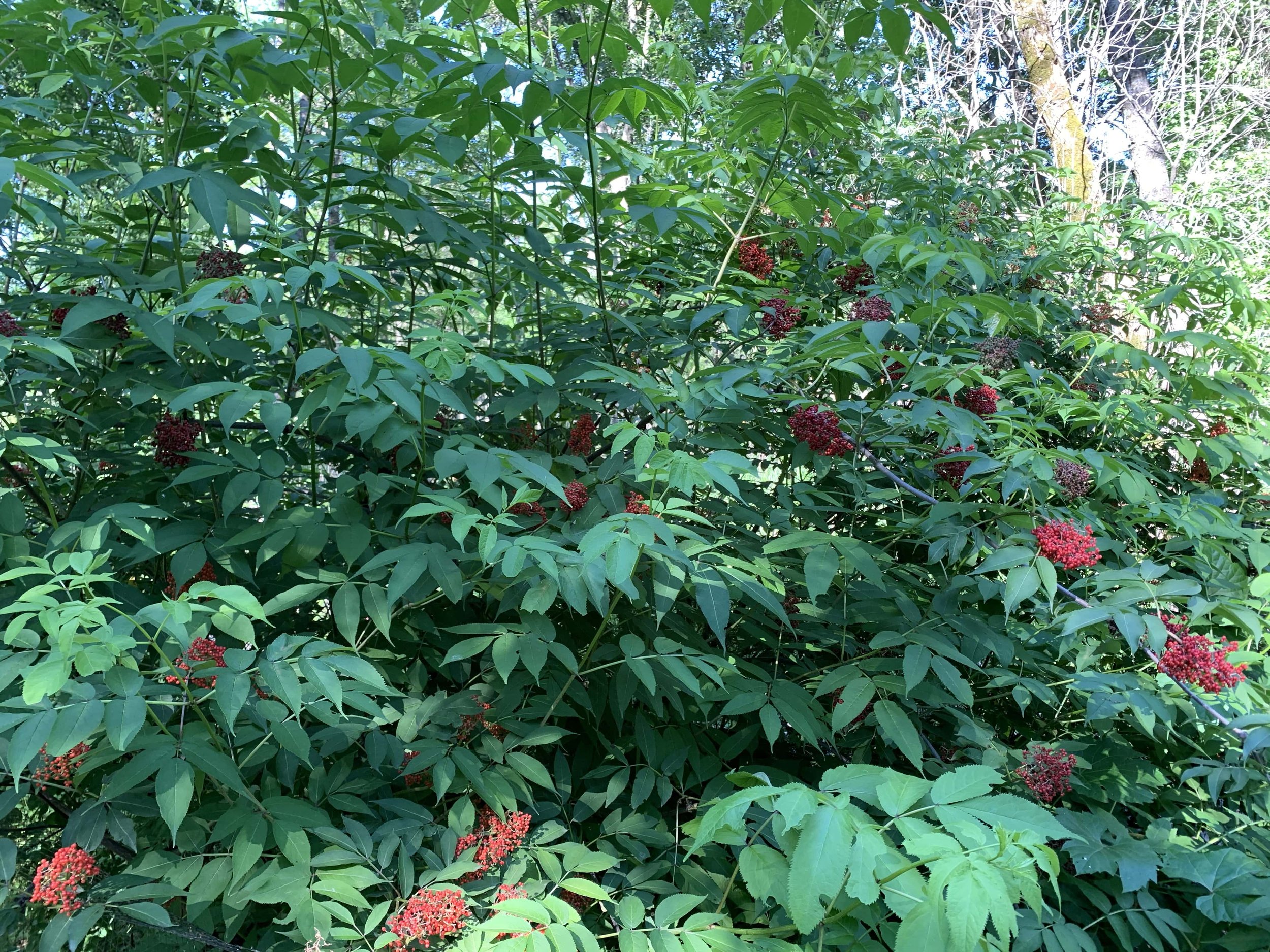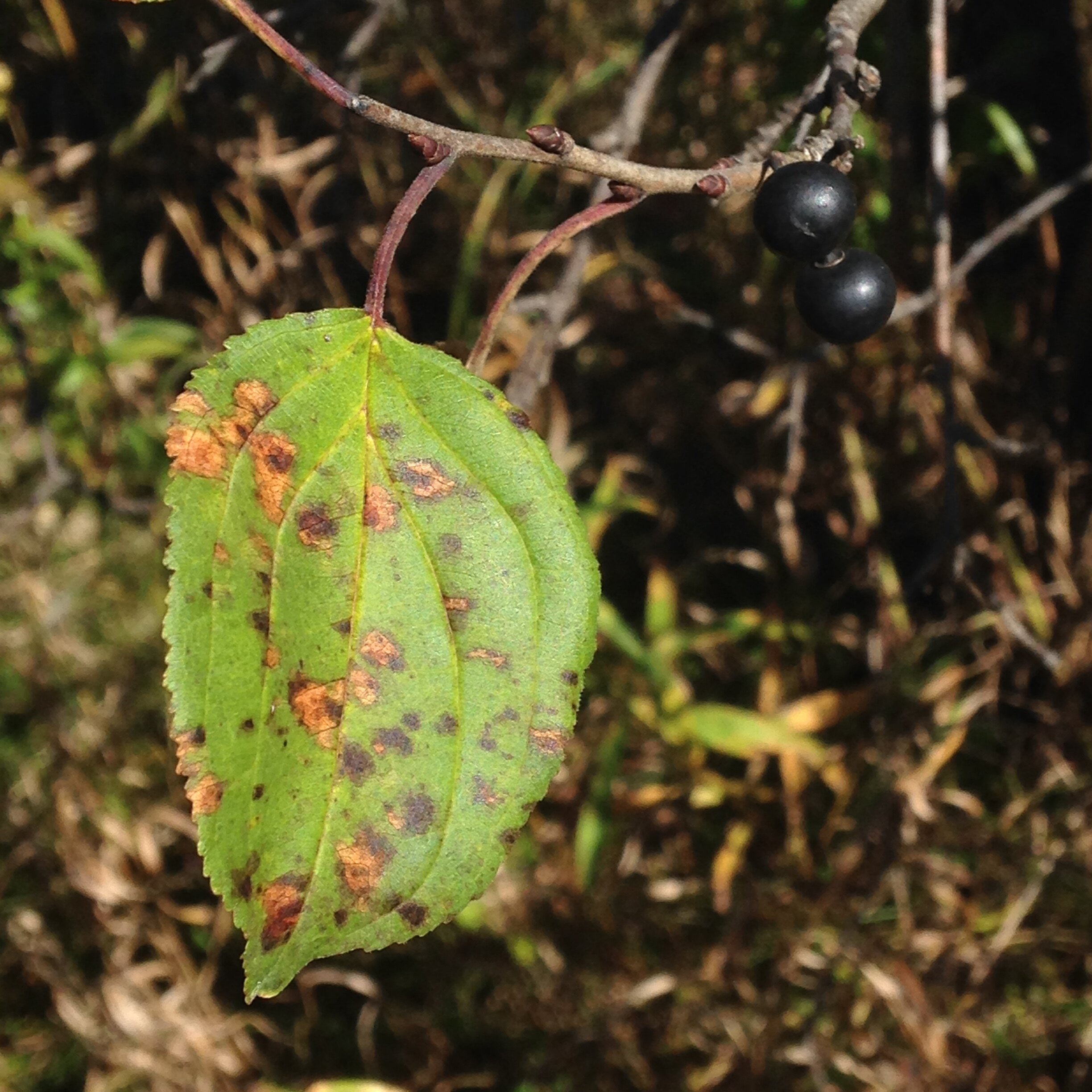
A show about relationships with the land
There are many ways to listen to the show: Listen live on CFRU 93.3 fm broadcasting from the University of Guelph Mondays at 6pm EST or listen to the podcast via Spotify, Apple, or just follow the rss feed.

Ep. 220 : Discussing Serviceberry
The Serviceberry is a widely distributed edible fruit tree which fills my heart as much as my belly. It’s just sweet enough, with berries just big enough, just in reach to make me so happy to come across. Sometimes we happen upon them wandering through the woods, sometimes we go visit our favourite individuals, sometimes we make detailed extensive maps of every tree the city has planted… or maybe I just do that.

Ep. 218 : Considering Chokecherries
Chokecherry is a role model. How can we be in good relationship with so many different life forms, transform degraded and barren anthropogenic landscapes in preparation for new life? Yes, there is a note of caution to be had, an awareness of potential hazards, but the overall theme of this shrub appears to be regeneration, repair and creating spaces for life to flourish again.
This episode is a long form exploration of the Chokecherry ecology. I hope it works for you as much as it works for me!

Ep. 181 : Buckthorn Phenology and Possible Management Strategies with Mike J. Schuster
I have seen and been part of a lot of Buckthorn (Rhamnus cathartica) removal efforts, and while initially hopeful, often there is a inevitable return of the non-native to once again take over the forest understory in short time. What if there were strategies, without herbicides or biocontrols to reduce or prevent the likeliness of Buckthorn’s recolonization?
Mike J. Schuster from the Department of Forest Resources at the University of Minnesota recently co-authored a paper looking into native phenological competitors to Buckthorn which can be planted after Buckthorn removal to help keep R. cathartica out. Luckily for me, one of the suggestions was a (fairly simple) practice I have been learning about and working on for the past 5 years! Plant more Elderberry! Sambucus canadensis and perhaps even more so S. racemosa can help block out the light essential to early Buckthorn growth. By planting these two shrubs , who have similar phenological timelines to the Buckthorn, we can help restore native biodiversity in forests experiencing Buckthorn invasions.

Ep. 140 : (Re-)Considering Buckthorn
Rhamnus cathartica, or Common Buckthorn, is a non-native species that many love to hate. But what if we try to look at the species as a whole, trying to understand a little better, trying to learn a bit more about the relationships which are built around Buckthorn?

Other platforms where you can listen to the show :
As well as : Breaker : Overcast : Pocket casts : RadioPublic



